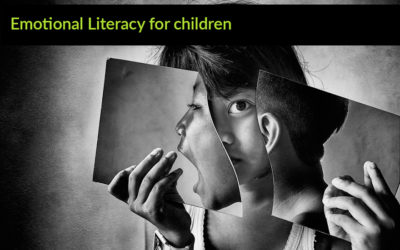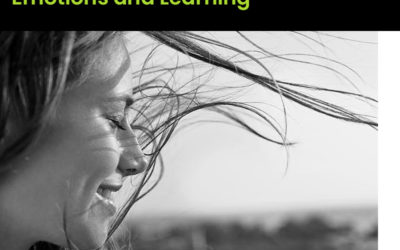Looking back over the past 60 years of my life I can see that I have had several distinct relationships with my emotions and various strategies for how to co-exist with them. If it sounds like I am referring to them as something separate from “me” that is because for many years I saw them that way.
There have been periods in my life – adolescence for instance – when I hated emotions. They were confused and uncomfortable and I couldn’t really see that they had a purpose besides making me miserable. Even being enamored with a certain girl wasn’t simple as it provoked jealousy or longing and brought all kinds of confusion and pain. The only strategy I could think of was to endure them. I couldn’t make them go away, I couldn’t stop them and so I resigned myself to tolerate them.
At other times, I adopted the always-popular strategy of trying to control them. I “white knuckled it” or held on tight to the ones I wanted and tried to avoid the ones I didn’t. It was not very successful because no matter how strong my will it seemed my emotions were stronger. There is a familiar story about moral fortitude and ‘being stronger’ than the Emotions And Learning that lead you into bad places and it is one I believed for some years. The problem was me. I was weak and did not have sufficiently strong values or morals.
Then there was my ‘management’ phase. I couldn’t avoid emotions and I couldn’t control them so I’d find a way to manage them. Managing emotions for me was kind of like “control lite”. I tried hard to avoid or resist them but did my best to outguess them or stay away from the worst of them. The result was that I narrowed the range of my emotions by keeping the highs from getting too high and the lows from getting too low. My emotional palette became dull and emotionally I became less and less expressive.
Finally, as I became more emotionally literate, I found a metaphor that is very useful. I think of it as navigating emotions. It is similar to what happens when you are kayaking or canoeing in a stream. The current (your emotions) are continually moving and carrying you with them. You cannot stop the current or your emotions but you can, to a large degree, determine what path you will take in order to get where you want and ‘avoid the rocks’. I was taught in canoeing that I needed to move only slightly faster than the current to be able to control my direction and anticipating where I wanted to direct the canoe required awareness of what was happening around me. With emotions, I find something similar. I can be aware of them and allow them to carry me but also can choose a change of direction when needed. I don’t control them but I certainly can influence them. Just as I can accept that the current will carry me forward I can accept that I will experience emotions provoked by what is happening around me and that I have some power in choosing how I respond.
I believe this way of being on friendly terms with our emotions and seeing them as part of what makes life rich can be learned by most people. Recently I had two mentees independently tell me that as they have learned more about emotions this sort of navigation has become available for them. They can be in-the-moment even with emotionally charged events and, at the same time, sense the flow and make choices about how they will navigate. Navigating emotions requires we notice what we are feeling, name the emotion, trust that it has a purpose and is trying to tell us something, and allow ourselves to flow with it. I encourage you to try. I have found tremendous freedom with this approach and hope the same will be true for you.
My Best Books On Emotions The Unopened Gift: A Primer in Emotional Literacy which has a section on navigation and other ways of relating to emotions more productively. It is available on Amazon and Kindle in English and Spanish.




0 Comments